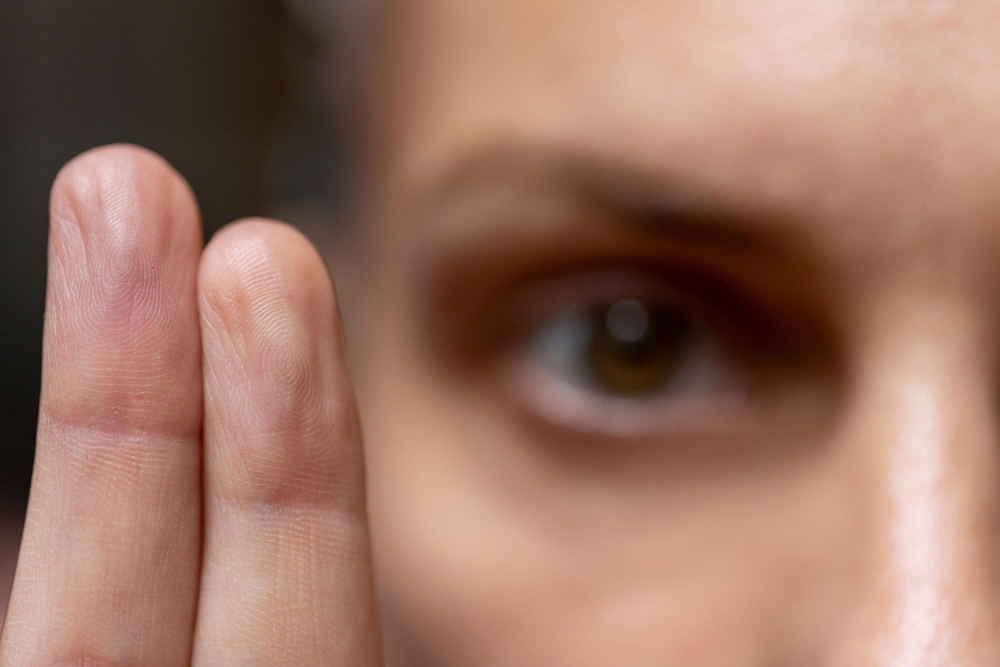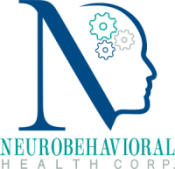

Cognitive Behavior Therapy (CBT):
CBT is one of the most researched and evidence-based therapeutic approaches to treat a large variety of mental health conditions. CBT comes from the premise that thoughts, feelings, and behaviors are interconnected. The way we think impacts how we feel about it, and in return, that will determine how we act. Based on CBT, we develop mental conditions when we activate automatic thoughts that may make the person believe that those beliefs and core values are true, so they begin to experience unpleasant emotions, including depression and anxiety, leading to dysfunctional behaviors, including angry outbursts, social isolation, overeating, compulsive behaviors, substance abuse, and many more. In therapy, the person will learn to change their thoughts, challenge and validate them, and experience more valid and realistic emotions.

Eye Movement Desensitization and Reprocessing (EMDR)
EMDR is an interactive therapeutic method that addresses traumatic and dysfunctional memories. EMDR is based on extensive research about how traumatic experiences impact the way the brain processes and stores memories. EMDR is an eight-phase treatment method in which a trained therapist in EMDR will collect information, staged using bilateral stimulation (eye movement, tactile taps, and auditory sounds), and reprocesses memories, identifying adaptive memory networks and personal resources to cope with adverse life experiences that contribute to daily living stressors. At Neurobehavioral Health Corp., we are a team of trained therapists in EMDR who will integrate this therapeutic method as a powerful tool to achieve long-lasting results.

Hypnotherapy
Hypnosis is one of the oldest therapeutic techniques implemented by medical doctors, dentists, psychologists, and behavioral health practitioners to reduce pain, stress, and other mental conditions. Hypnosis has been misinterpreted as a loss of self-control. Research has identified hypnosis as a natural state of awareness and consciousness that occurs frequently in our daily lives. Using hypnosis within the context of a therapeutic session, a person will increase focused attention and concentration to discover inner resources, positive thoughts, and emotions, using visual imagery and relaxation techniques to change responses to anxiety and stress, maladaptive behaviors, including addictions and overeating, negative thoughts and feelings caused by emotional conditions including anxiety or depression, as well as to reduce reactions to physical pain. Neuroimaging studies have demonstrated that hypnotic suggestions can rewire the brain because the same brain areas activated in therapy are the same as when people experience similar situations in real life.

Group Therapy
As you can imagine, group therapy involves a small group of individuals guided by a healthcare practitioner who meets weekly to identify and address problems causing stress and emotional difficulties. Although joining a group of strangers may initially sound intimidating, the benefits of group therapy for the participants outweigh individual treatment in many ways. Group members are chosen based on common areas of interest. Sessions usually occur weekly for around 1 hour throughout 2 to 3 months. The participants will learn relaxation techniques, stress management strategies, and social and communication skills. According to the group members and research, group therapy allows members to find a support network, put problems in perspective, and identify alternative solutions.
